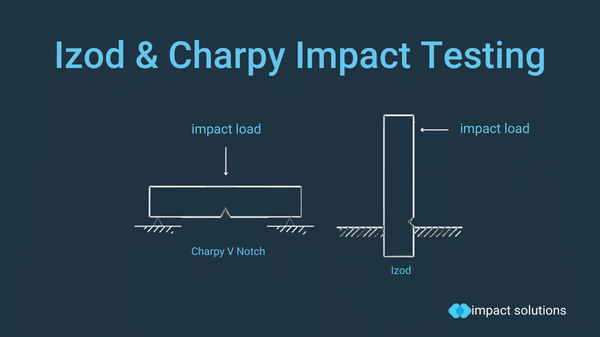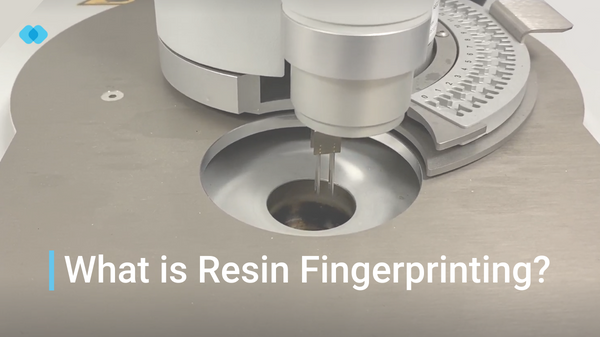Tensile Testing
The objective of tensile testing is to determine the material’s abilities to resist deformation or breaking under tension. These properties can be measured for plastics materials or composite materials. The tensile properties of a plastic sample are typically determined by following the standard test method in ASTM D638 and ISO 527.

Specimens for tensile testing must be prepared to customer’s specifications, requirements and the standard. Specimen dimensions are critical in order to achieve comparative and consistent results. As an example, a common ASTM D638 specimen is the Type I tensile bar (dogbone). The material sample is typically prepared by injection moulding, compression moulding, extrusion, and/or from finished parts. A typical “dumbbell” sample is shown in the diagram to the side.
Using a universal biaxial tensile tester is used to carry out tensile testing, the following can be achieved:
1. Tensile Strength – The maximum amount of tensile stress that a material can withstand before failure through a deformation, rupture or breaking.
2. Elongation at Yield – The ratio between increased length and initial length at the yield point.
3. Elongation at Break – The ratio between changed length and initial length after breakage.
4. Nominal Strain at Break – Tensile strain at the tensile stress at break.
5. Modulus of Elasticity – The tendency of a material to deform along an axis when opposing forces are applied along that axis. The ratio between tensile stress and tensile strain.
6. Secant Modulus – It is the slope of a line from the origin to any point on a stress-strain curve.

At Impact, we are equipped with a state-of-the-art universal tensile tester by Instron, able to carry out any tensile tests following any internationally accepted or bespoke methods. Our Instron is coupled with the latest technology extensometers, enabling us to obtain quality modulus and extension data. In addition, we are also equipped with a special environmental chamber from Instron, which allow us to carry out at sub ambient or above ambient conditions.
Being accredited by ISO 17025 for tensile test which adds another level of confidence to the quality of our tests and interpretation of results.




